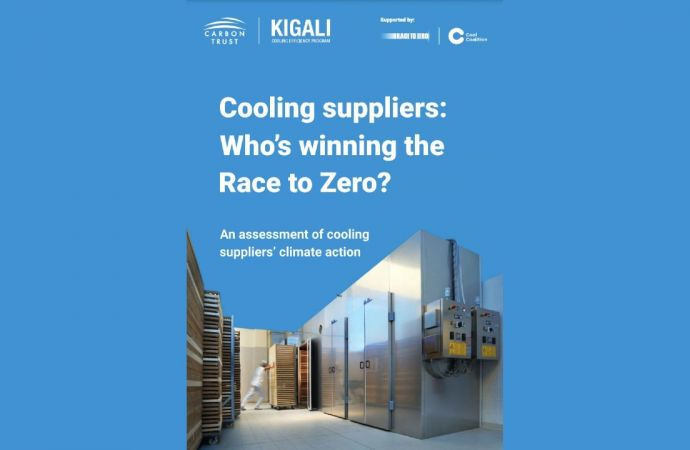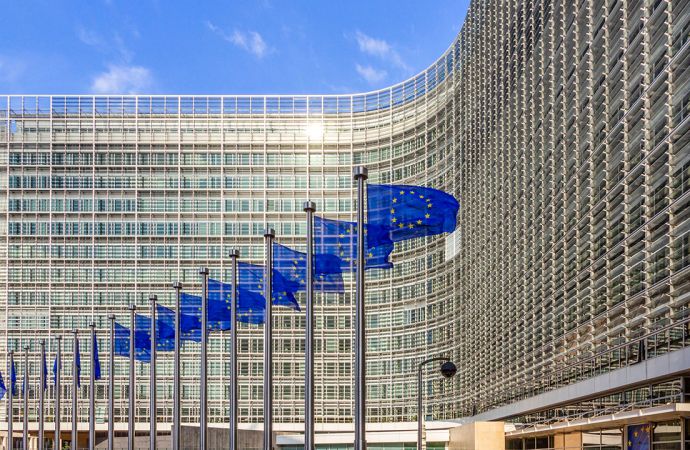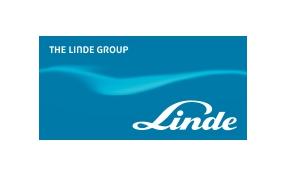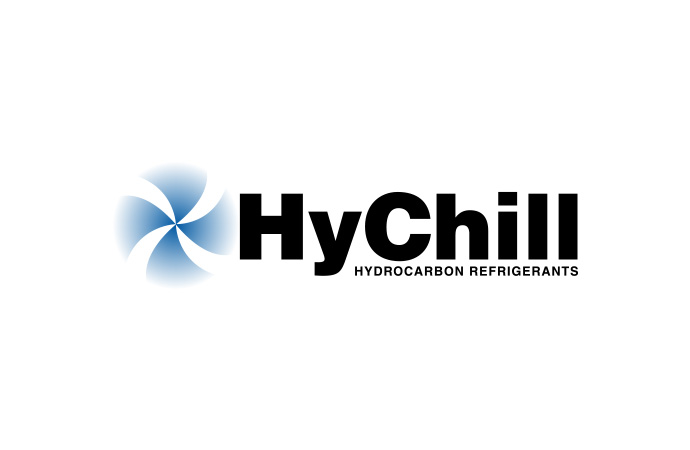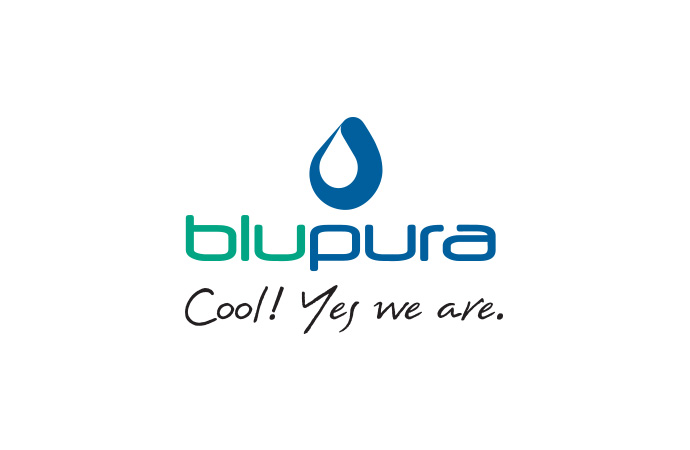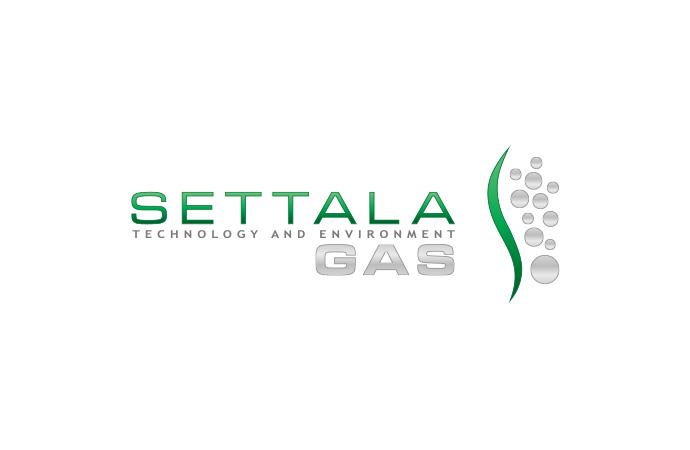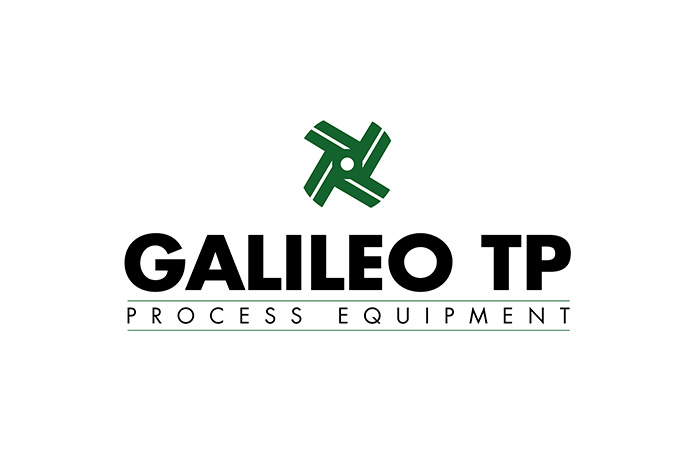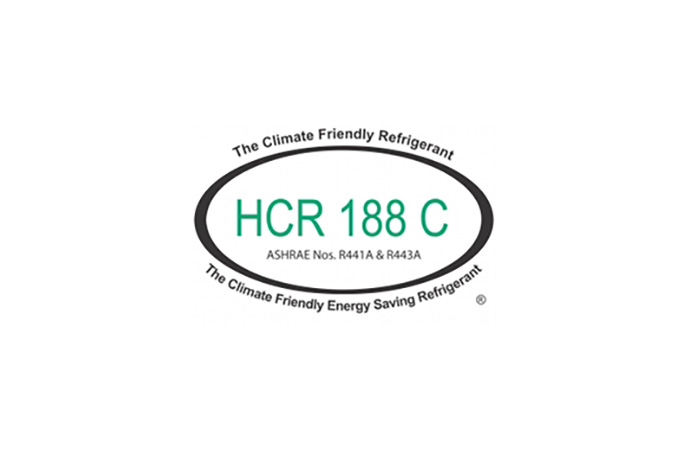From next year on, cars with air-conditioning systems using CFCs or HCFCs as refrigerant will no longer be allowed for registration in the Philippines. The government has mandated a close inspection of all car AC systems prior to registration. Might this be an opportunity for hydrocarbons to take the lead in mobile air-conditioning?

Starting on 1 January 2012, vehicles with air conditioning systems using ozone depleting substances (ODS) will no longer be allowed to be registered in the Philippines. Their import has been banned in the Philippines since January 2010 in compliance with the country’s commitment to the Montreal Protocol that prohibits the use of ODS.
In this vein, local media have started encouraging car owners to inspect their car air-conditioners and ensure compliance with regulations in the run-up to the January 2012 deadline.
The regulation
Since 2006, the Land Transportation Office (LTO) and the Department of Environment and Natural Resources (DENR) have implemented a regulation to inspect car air-conditioning systems as a requirement for renewal or new registration of cars and indicate the type of refrigerant contained in the A/C. Car holders are therefore advised to have a look at the official receipt of their vehicle’s last LTO registration to see whether their car contains still an ozone depleting substance.
To avoid registration problems and penalties from next year on, vehicle owners must have their ODS-containing mobile air conditioning (MAC) systems converted to ozone-friendly systems by service shops accredited by the department of Trade and Industry (DTI).
An opportunity for hydrocarbons?
The regulation does not specifically mention hydrocarbons as alternatives but states merely that mobile air-conditioners should have CFC-free systems. The Philippines are however among the main countries using hydrocarbons as drop-in solution for car air-conditioning systems.
It is estimated that over 10 million car air conditioners worldwide have been converted from fluorocarbon to hydrocarbon refrigerant. The conversion of car air-conditioning systems to hydrocarbons is a legal practice in the Philippines, promoted by DENR and the Philippines Ozone Desk (POD).
The Department of Environment and Natural Resources (DENR) has also been distributing free tools and equipment amounting to as much as PHP100,000 (about €1,500) to service shops to prepare them for the recovery of CFCs and for servicing ozone-friendly mobile air conditions.
In this vein, local media have started encouraging car owners to inspect their car air-conditioners and ensure compliance with regulations in the run-up to the January 2012 deadline.
The regulation
Since 2006, the Land Transportation Office (LTO) and the Department of Environment and Natural Resources (DENR) have implemented a regulation to inspect car air-conditioning systems as a requirement for renewal or new registration of cars and indicate the type of refrigerant contained in the A/C. Car holders are therefore advised to have a look at the official receipt of their vehicle’s last LTO registration to see whether their car contains still an ozone depleting substance.
To avoid registration problems and penalties from next year on, vehicle owners must have their ODS-containing mobile air conditioning (MAC) systems converted to ozone-friendly systems by service shops accredited by the department of Trade and Industry (DTI).
An opportunity for hydrocarbons?
The regulation does not specifically mention hydrocarbons as alternatives but states merely that mobile air-conditioners should have CFC-free systems. The Philippines are however among the main countries using hydrocarbons as drop-in solution for car air-conditioning systems.
It is estimated that over 10 million car air conditioners worldwide have been converted from fluorocarbon to hydrocarbon refrigerant. The conversion of car air-conditioning systems to hydrocarbons is a legal practice in the Philippines, promoted by DENR and the Philippines Ozone Desk (POD).
The Department of Environment and Natural Resources (DENR) has also been distributing free tools and equipment amounting to as much as PHP100,000 (about €1,500) to service shops to prepare them for the recovery of CFCs and for servicing ozone-friendly mobile air conditions.
MORE INFORMATION
Related stories

